Life is returning to normal and production is being steadily restored in northwest China's Xinjiang Uygur Autonomous Region, with further optimized COVID-19 response measures in place.
In the regional capital of Urumqi, public transportation and logistics services have gradually resumed, and office buildings and shopping malls have been open since Dec. 5, with other cities and prefectures following suit.
Restaurants have accelerated their restoration of dine-in services. Wang Ruobing, head of the Xinjiang Catering Association, said that 80 percent of some 2,800 restaurants owned by its 200-plus member businesses have resumed indoor dining.
Hotels, movie theaters, gyms, ski resorts, tourist attractions and other entertainment venues in the region are reopening in an orderly manner, and people are no longer required to present a negative nucleic acid test result before entering public places or taking public transportation.
Postal and courier services have gradually resumed in most prefectures and cities in Xinjiang, with nearly 2,900 distribution centers operating normally and more than 25,000 employees returning to work, according to a press conference held by the regional government on Dec. 10.
As of Sunday, more than 20 airports in Xinjiang have resumed operations, and flight routes between Xinjiang and 37 domestic cities, as well as some intra-regional flight routes, have been restored. A total of 16 rail routes have resumed services, according to local authorities.
China announced 10 new measures on Dec. 7 to further optimize its COVID-19 response based on the latest epidemic situation and the mutation of the novel coronavirus. Local governments have rolled out a raft of follow-up measures to push for the resumption of normal life, production and business activities.








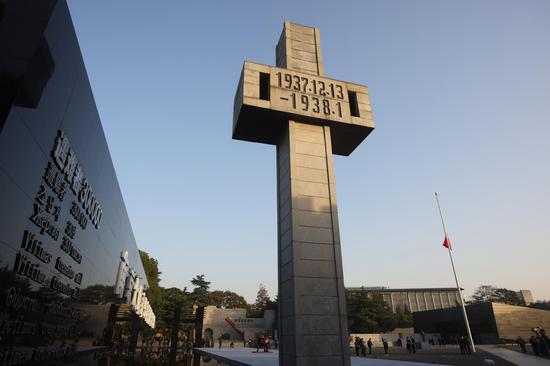

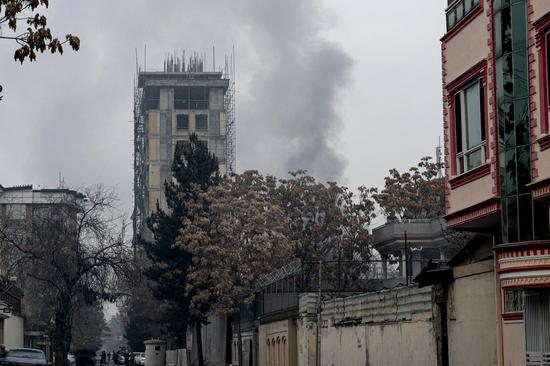

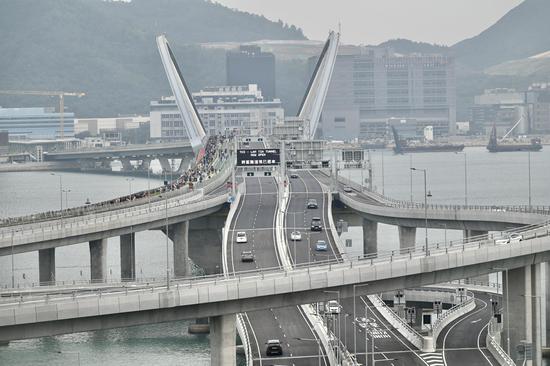



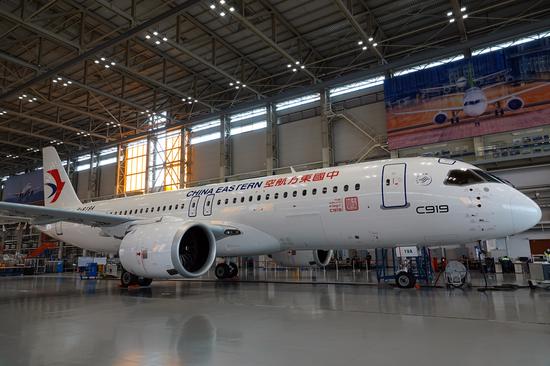

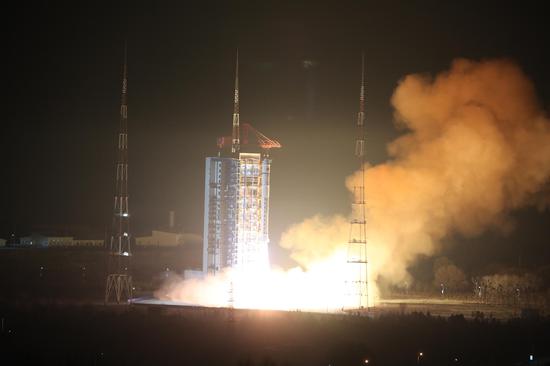
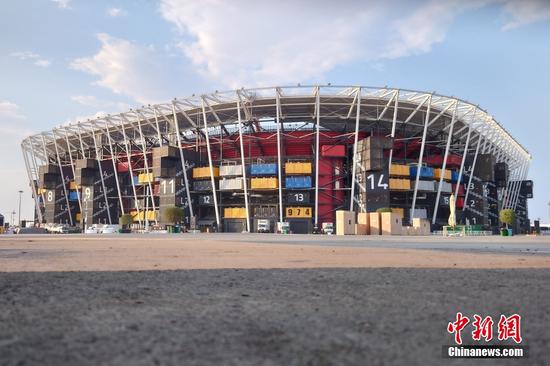





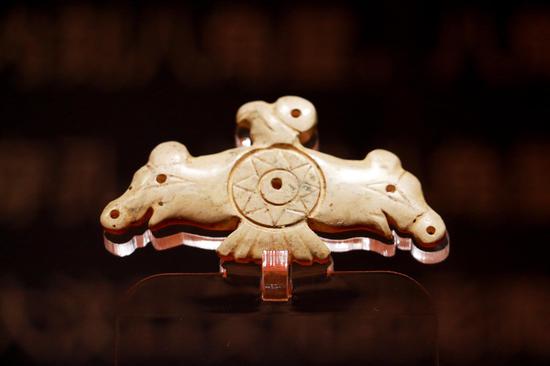

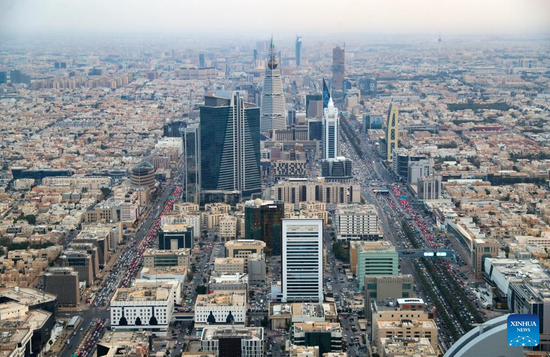
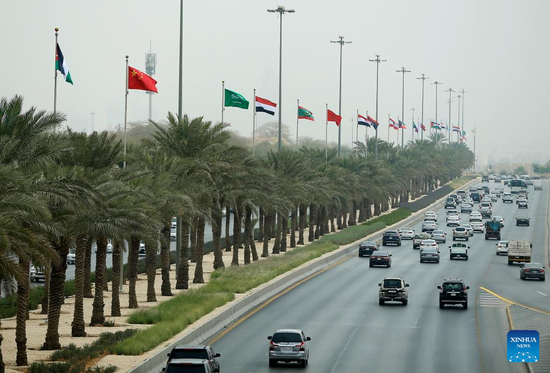


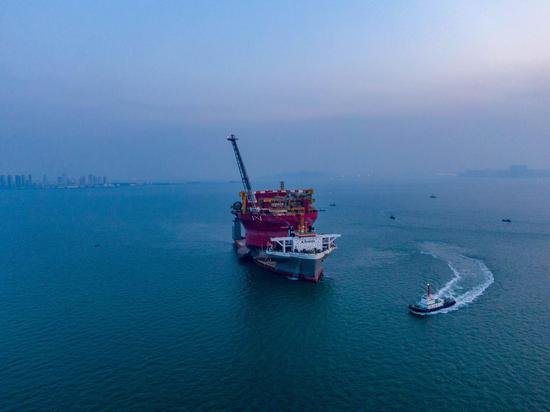


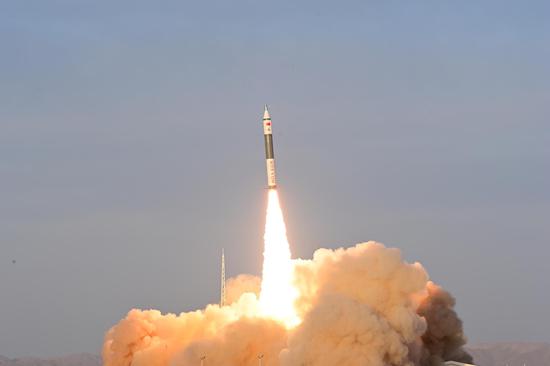
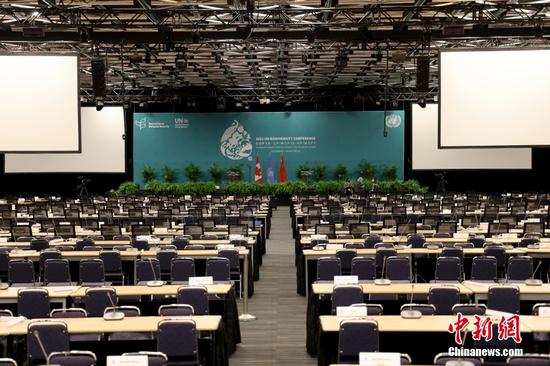
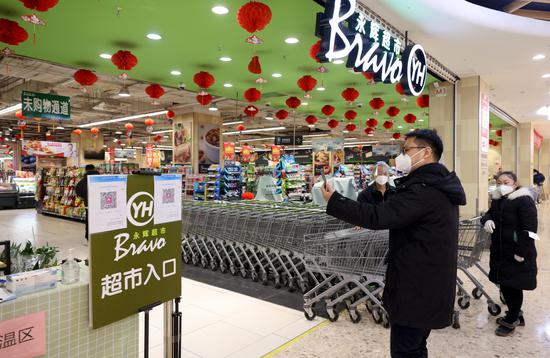

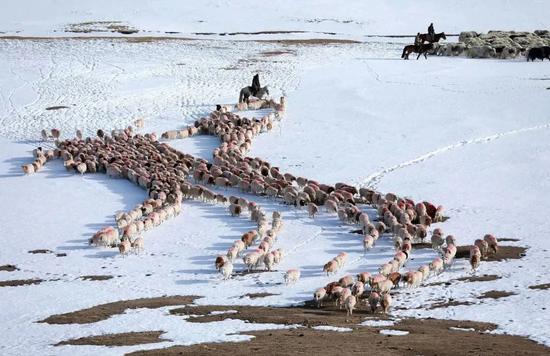

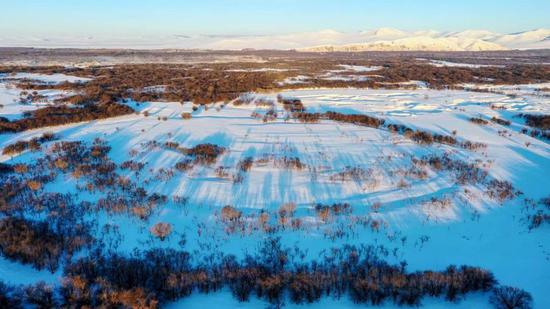
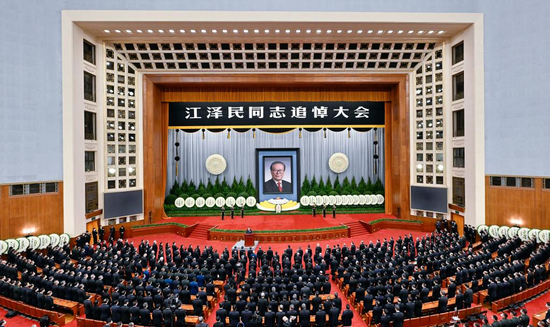
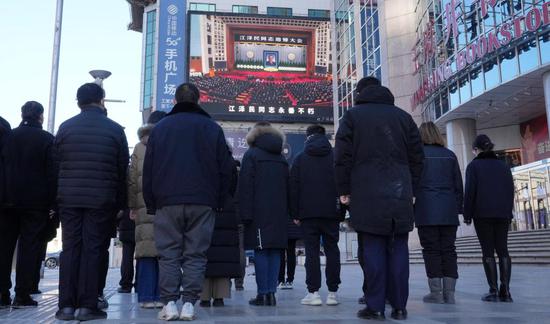

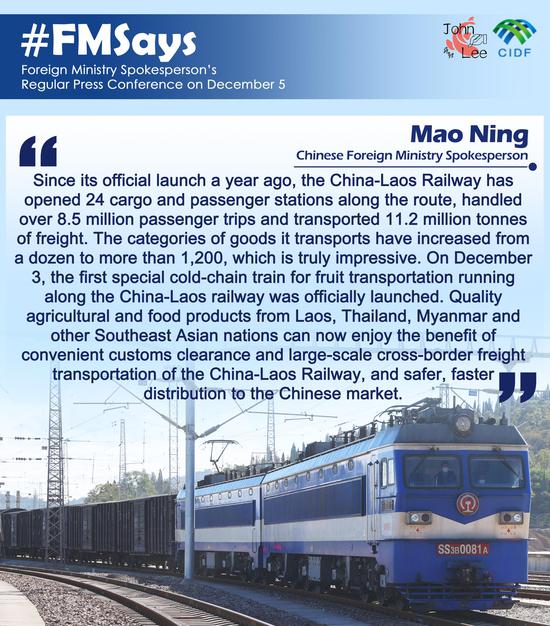





 京公网安备 11010202009201号
京公网安备 11010202009201号